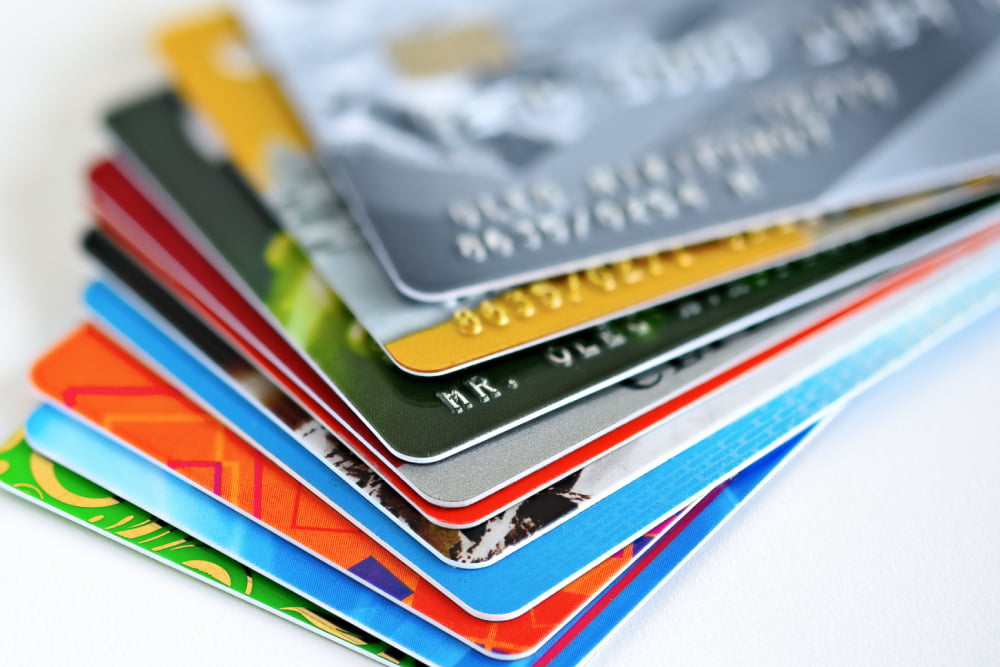
Top 5 bad credit card habits to break
Credit cards are great for transactions, as they can help build credit and help one get many benefits through the credit card company. However, many are unaware of their benefits and end up making some mistakes while using their cards. Here are some of the credit card habits one should avoid to help keep any extra costs at bay and steer clear of credit card debt and massive interest rates:
1. Making minimum payments
This is something many consumers do. As soon as the credit card bill comes, they tend to ignore the full payment request and instead just pay the minimum amount due. While this is acceptable to credit card companies, it harms the consumer’s credit score, and it also adds a huge interest rate to the bill in the next cycle. It can take years to pay off credit card debt if the bill is not paid in full to the company.
2. Neglecting bill statements
Always check the billing statement thoroughly. It is advised to go through the payments mentioned to make sure they are legitimate payments made by the consumer. If there is a discrepancy, report it immediately. Any fraudulent activity can be traced through these statements.
3. Taking out a cash advance
There may be a liquidity issue sometimes, but always keep some emergency cash handy. Taking out cash advances is another mistake that should be avoided with credit cards. There is a cash advance fee that is incurred on the transaction and only adds up to the bill amount.
4. Not knowing terms and services
It is crucial for one to read through all the services available, the kind of interest levied, the annual fees incurred, and so on. These details cannot be missed, and this should be the first step in reviewing them when applying for a credit card.
5. Maxing out
Do not max out the credit card, as many people may have trouble paying that bill at the end of the month. This means that the credit score will be compromised, and it can lead to complications later.


